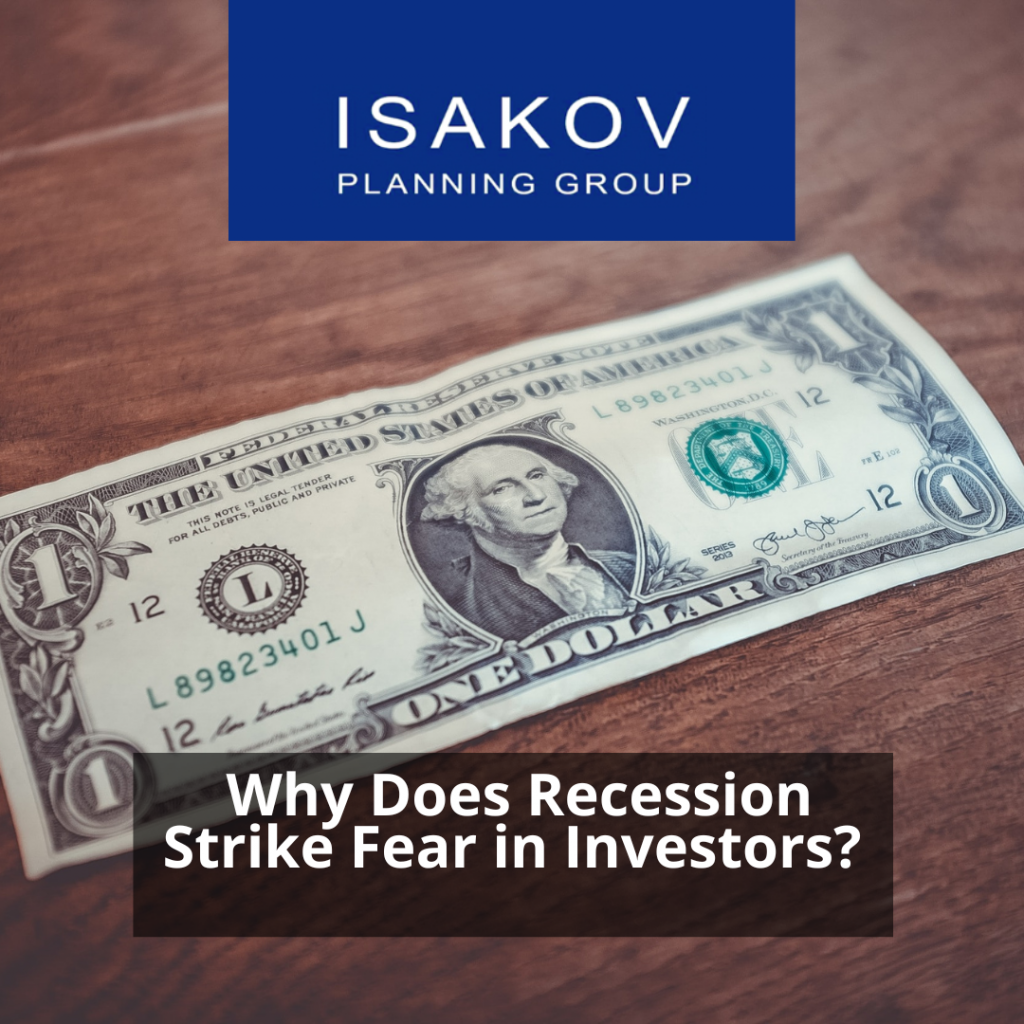The R-word: Why Does Recession Strike Fear in Investors?

A recession is defined as an economic decline in which gross national product (GNP) falls for two consecutive fiscal quarters. Recessions are also typically associated with greater unemployment and lower personal savings rates (a measure of a person’s disposable income) compared with the periods before the recession.
The financial environment as we see it today may be more of a natural part of the U.S. economic cycle. Sometimes, the economy grows too fast (economists call this “overheating”), which causes inflation to rise rapidly. The Federal Reserve will raise rates in an effort to cool off the economy, which has the effect of cutting demand. The result is a market downturn, lower spending, and the potential for slower growth or even a decline in the GNP—which increases the risk of a recession.
Another type of recession occurs as the result of a build-up of debt, where consumers spend a relatively high percent of their income just paying off or reducing accumulated debt, rather than spending this money on things that contribute to the growth of the economy.
That’s the big picture. So, what does a recession actually mean to you and your family? In previous recessions, people worried about how it impacted their investments, their job, and their retirement.
If you are concerned about the possibility of recession and the impact it will have on your personal finances, please contact us at Isakov Planning Group. We’ll discuss not only the risks for your financial future but the opportunities that an economic downturn can provide.
